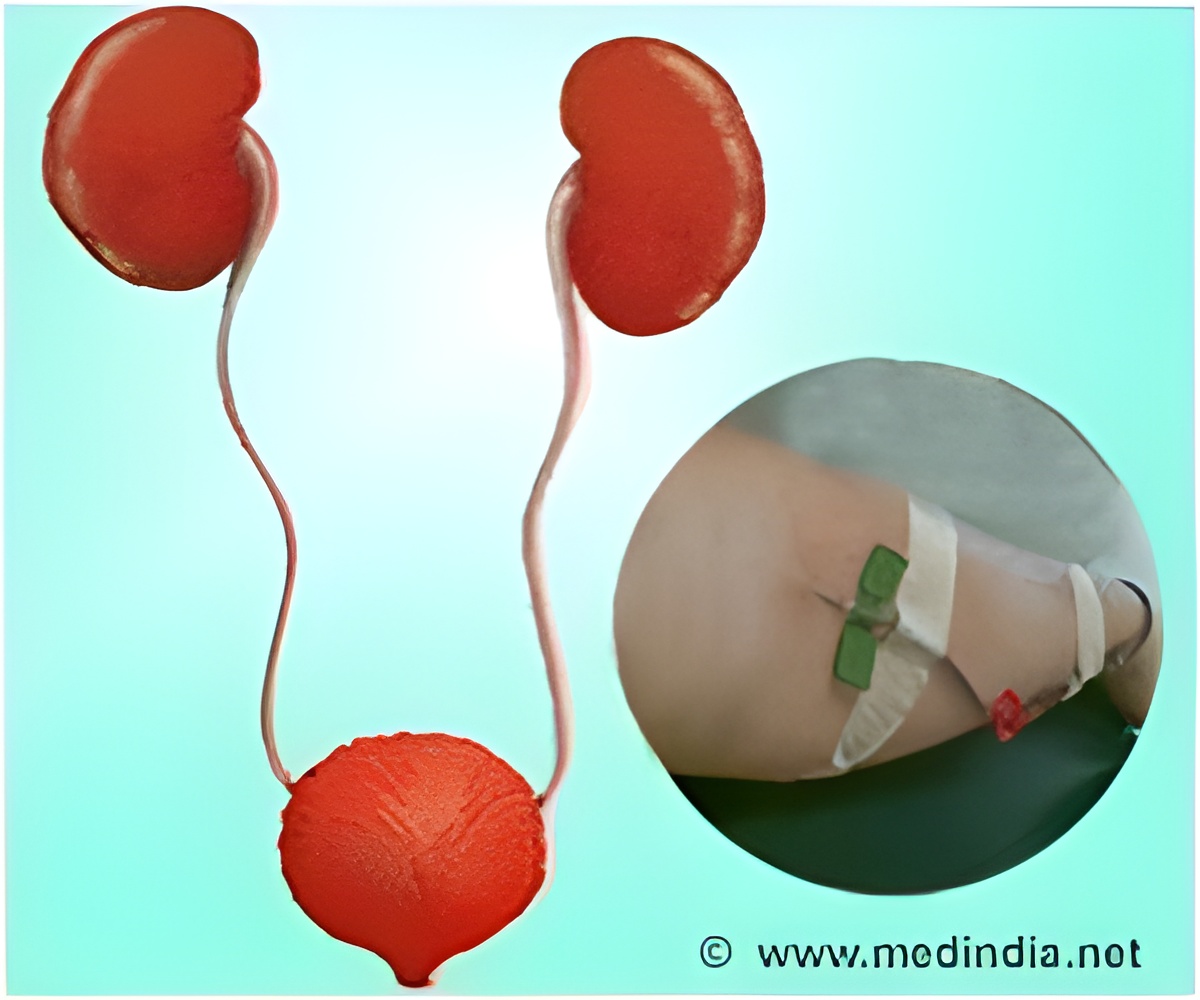Statins should be taken by almost all people with pre-dialysis kidney disease as suggested in current guidelines, reports a study.

Although individuals with CKD are in general more likely to develop heart disease than individuals without CKD, some may be considered at low risk by the ACC/AHA cholesterol treatment guideline. So which guideline should these patients follow?
Advertisement
Among the major findings:
Advertisement
- 50% of people with CKD who are recommended to receive statins are not taking them.
- The new Pooled Cohort risk equations are accurate among people with CKD, indicating that physicians have a valid tool available to estimate heart disease risk for their patients with CKD.
"These results indicate that either guideline can be used to inform the decision to initiate statin therapy for people with CKD who are 50 to 79 years of age," said Dr. Colantonio. "They also show that there is an unmet treatment need and a missed opportunity for lowering heart disease risk among patients with CKD." Dr. Colantonio notes that "The accuracy of the pooled cohort risk equations in people with CKD is important given their high risk for heart disease and stroke. Physicians can use this tool in guiding therapy for patients with CKD."
Study co-authors include Usman Baber, MD, Maciej Banach, MD, PhD, Rikki Tanner, MPH, David Warnock, MD, Orlando Gutirrez, MD, Monika Safford, MD, Christoph Wanner, MD, and George Howard, DrPH.
Disclosures: Drs. David Warnock, Monika Safford and Paul Muntner have received grant support from Amgen Inc. Dr. Lisandro Colantonio was funded with a Fulbright Scholarship to complete the PhD program in Epidemiology from the University of Alabama at Birmingham.
The article, entitled "Contrasting Cholesterol Management Guidelines for Adults with CKD," will appear online at http://jasn.asnjournals.org/ on November 13, 2014.
The content of this article does not reflect the views or opinions of The American Society of Nephrology (ASN). Responsibility for the information and views expressed therein lies entirely with the author(s). ASN does not offer medical advice. All content in ASN publications is for informational purposes only, and is not intended to cover all possible uses, directions, precautions, drug interactions, or adverse effects. This content should not be used during a medical emergency or for the diagnosis or treatment of any medical condition. Please consult your doctor or other qualified health care provider if you have any questions about a medical condition, or before taking any drug, changing your diet or commencing or discontinuing any course of treatment. Do not ignore or delay obtaining professional medical advice because of information accessed through ASN. Call 911 or your doctor for all medical emergencies.
Founded in 1966, and with more than 15,000 members, the American Society of Nephrology (ASN) leads the fight against kidney disease by educating health professionals, sharing new knowledge, advancing research, and advocating the highest quality care for patients.
Source-Newswise















